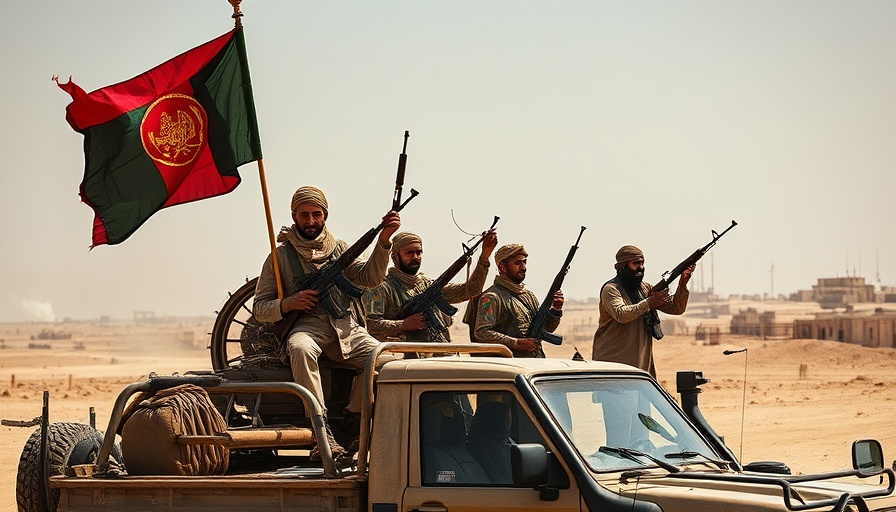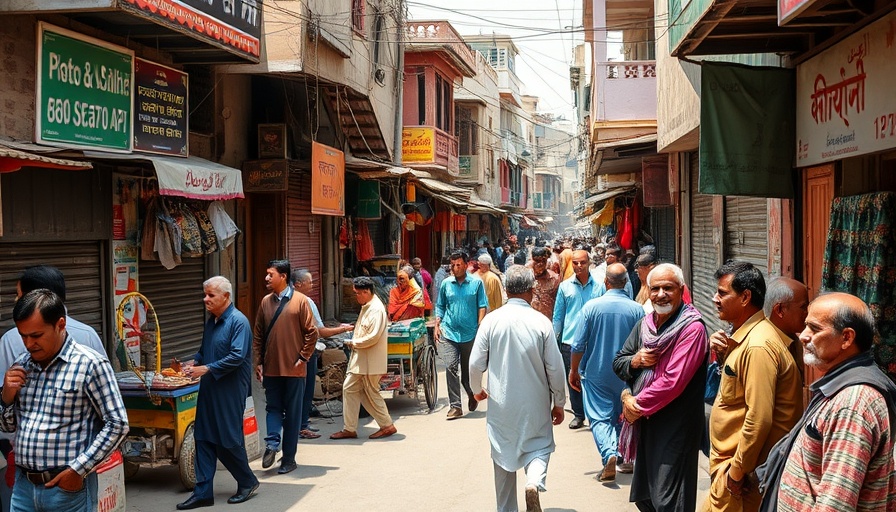
Understanding Trump's Approach to Iran: An Important Gesture
In recent developments, President Trump has taken significant steps towards easing tensions with Iran, marking a potential turning point in U.S.-Iran relations. This gesture could have far-reaching consequences, especially for believers who are engaged in social justice and humanitarian efforts in the Middle East. Trump’s approach, now seen as a strategic combination of incentives and pressures, aims to not only navigate nuclear negotiations but also redefine America’s role in promoting peace and stability in a region long fraught with conflict.
The Current Landscape of U.S.-Iran Negotiations
With the backdrop of renewed nuclear talks, the atmosphere is less anxious than before. Diplomats now find themselves with a clearer pathway as both sides seem motivated to engage in dialogue. This shift offers Israeli and American Christians an opportunity to advocate for policy changes that support both humanitarian goals and spiritual endeavors in a nation that is often associated with hostility towards the West.
The Humanitarian Perspective: Supporting the Persecuted Church
Trump's gesture is not just a political maneuver; it embodies the hope for a better future, particularly for persecuted Christians within Iran. Many believers in Iran have faced severe oppression, and this potential thaw in relations could invite greater global awareness and support for their plight. It's essential for mission-minded individuals to remain informed about how international relations impact local believers; understanding these changes can empower Christians to advocate effectively for those suffering.
What This Gesture Means for Social Justice Advocates
As the discussions unfold, social justice advocates may view this gesture as a chance to push for enhanced rights and freedoms for all individuals in Iran, not only Christians but also minority groups facing persecution. By supporting dialogue, advocates can promote a broader concerning theme: that justice and mercy should extend to all corners of society. This gesture can serve as a platform to call for changes that uphold human dignity in accordance with Christian values.
Future Predictions: What Lies Ahead?
The future of U.S.-Iran relations remains uncertain, but this recent gesture could be a bellwether for long-term diplomatic strategies. Should discussions yield fruitful outcomes, we could witness a shift toward reduced hostilities and increased dialogue, benefitting not only diplomatic relations but also the humanitarian conditions on the ground. Christians worldwide have a vested interest in these developments, as they pave the way for opportunities to support and lift those marginalized in society.
Engaging in Interfaith Dialogue: The Christian Responsibility
In today's interconnected world, engaging in meaningful interfaith dialogue becomes a vital Christian responsibility. The challenges in Iran present a unique opportunity for Christians to collaborate with other faiths to promote peace and understanding, striving towards a shared goal of justice. By participating in discussions about policy changes, believers can influence outcomes that reflect their values and advocate for a just society.
Call to Action: Stay Informed and Engaged
For globally aware Christians engaged in advocacy, the unfolding situation in Iran presents a crucial moment to support efforts aimed at peace and justice. Encourage your communities to stay informed about these developments, pray for the leaders involved, and consider how each believer can play a role in fostering support for the persecuted church and promoting understanding across cultural divides.
 Add Row
Add Row  Add
Add 








Write A Comment